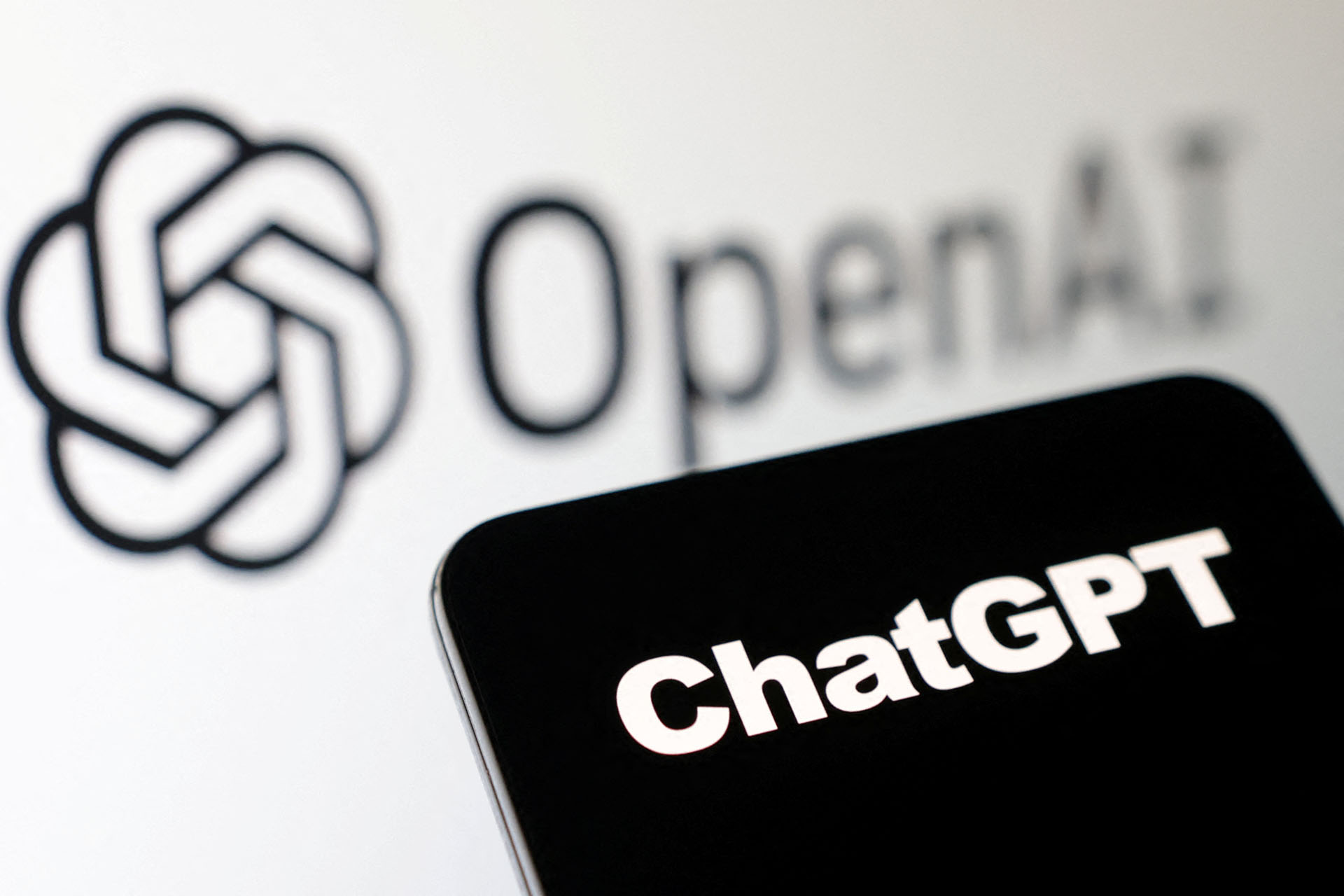ChatGPT has seen its popular AI-powered automated chat program drop by nearly 10% in its user base since its launch in November, raising questions about the reasons for this, and whether people are losing interest in AI or turning to alternatives like Bard or Microsoft Ping.
According to a recent Washington Post report, there was a significant reduction in the number of users of the popular AI-powered automated chat program, with the application seeing its first ever decline in user numbers last month, with a nearly 10% reduction in mobile and desktop traffic to the robot website globally in June.
Downloads of the iPhone app for the bot also saw a decline, without knowing the exact reasons for the sharp decline in user interaction but there are some theories.
Based on analysis from a similar web analysis and market intelligence firm, the report revealed that following the launch of the bot in November, there was a rise in web traffic and rapid share growth, and as of March the growth rate began to slow down and in May saw a decline.
In addition, visitor participation at every visit to the ChatGPT site is steadily reduced, indicating that people visiting the site spend less time there.
The report also highlights that the popular Character AI chatbot also saw lower levels of engagement in June.
The reasons behind this decline are uncertain, but a similar location suggests that the initial modernity of AI may have vanished, so many people may not find it as interesting as before.
The Washington Post speculates that another possible factor could be university students who used the app to cheat their summer vacation study, where This can contribute to the overall decline in participation during that period.
One possible explanation for low user interaction is the tendency of AI to generate strange or misleading information that may cause frustration among users.
The legal implications surrounding AI-generated content can also be ambiguous, creating a sense of uncertainty and caution among users, it is also reasonable for people to simply become less interested in talking with computers and prefer more traditional forms of interaction.





